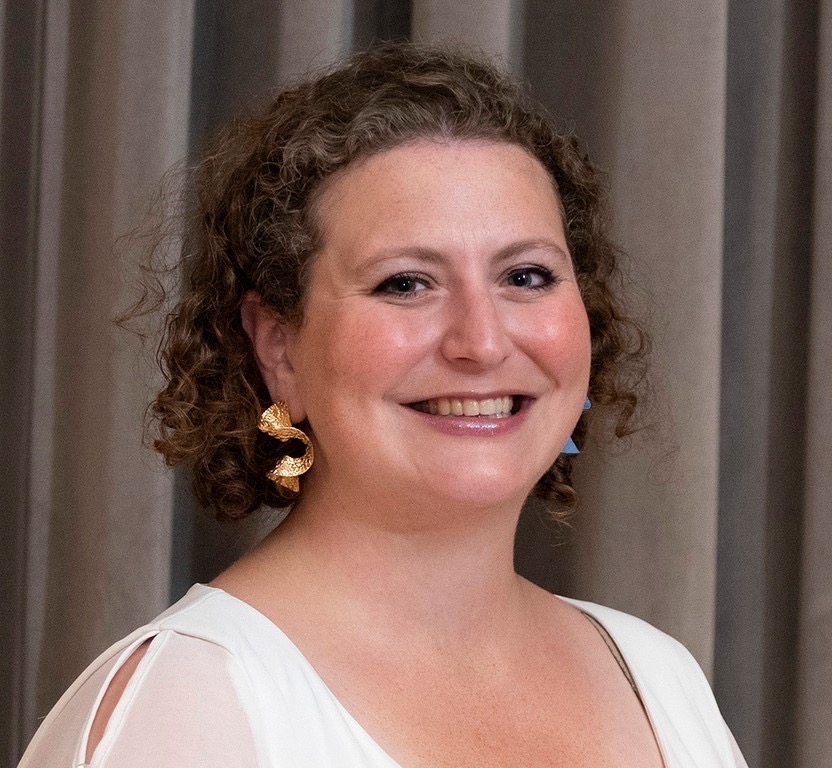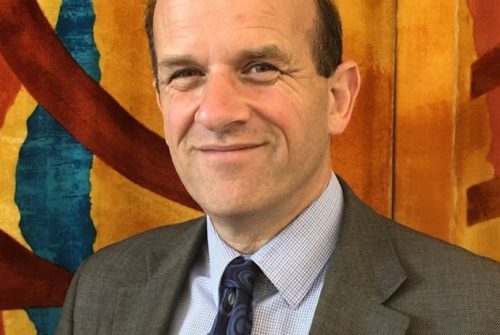There is little that stresses me out more than being lost. So while there are many competitors for the gadget that might be named ‘greatest tool of the modern rabbi’, my vote would most certainly go to the sat nav, or the even handier, smart-phone maps that find the strangest routes but cut out the traffic.
The thought of trying to find an address, in the dark, with a shiva service due to start, AND trying to read a map alone in the car brings me out in a cold sweat. Knowing that a small box with a friendly voice will guide me to the door, or at least to the right street, is incredibly comforting.
Our Judaism tries to provide us with all kinds of maps: we are given a map of the year, which leads us on a journey of celebration, mourning, remembering, and giving. And there are larger, lifecycle markers which are there to help bring meaning, awe, comfort and joy when it is needed. These Jewish maps help us connect with one another, and to express the emotions of events as they happen, as well as offering those around us roles and guides so that they might be involved too. We have had to find new ways to navigate this map over the last 6 months, but we have found a new path together.
We began mapping the high holiday period a month ago, at the start of Ellul. We are not dropped into the deep end of the most intense period of Jewish life without a little preparation, the personal MOT if you like. But if we haven’t had time to start considering our relationships and who we want to be in the coming year before Rosh Hashanah, we still have ten days to find the path that works for us before Yom Kippur.
And for these ten days, we have a very specific map of things to help us get where we would like to go; to help us improve on our relationships with one another, with our world, with ourselves and with God, trying to be the best version of ourselves in the year to come. The map we are given is repeated
again and again over the High holidays, and is a well trodden route. They are the paths of Teshuvah, Tefillah, Tzedakah – Return to God, prayer, and charity. While we can walk this guided route alone, the thought of trying to drive and read a map at the same time is not an appealing one. We walk it together, sharing liturgy that gives us structure, learning opportunities, and of course, the hard work of forgiveness.
Teshuvah, return to God, is based on an understanding that we can only put things right with the Divine when our relationships with each other are put right. Within community – whether a family, school, work or synagogue, we will all say things we come to regret, spread rumours, or convey something which while heartfelt, might have been said in a way that causes pain or upset. Today we have an opportunity to wipe the slate clean, to pledge, as a community, and as individuals, to communicate with each other kindly, and as humanely as possible.
One of the offerings that lock down has provided us, is the ability to offer even more diverse ways of engaging in tefillah – prayer. While many of us are desperate to pray together in the same space, our communal prayer never stopped over the last months, and it’s been such a privilege to be able to meet many of you in our parallel services and zoom kiddushim. Praying from home has its own challenges and opportunities. The siddur is there as a map for us, but we sometimes need a more scenic route, or a faster route to get us where we need to go safely. For both regular service attenders and those of you joining us online for the first time this year, this can mean needing to find a new gear to access the prayers, as being together is so often a crucial part of our accessing the prayers.
The third arm of our High Holiday map is Tzedakah, something EHRS has done in lots of ways over the years, from supporting Homeless Action Barnet with a
night shelter to raising funds for more charities than can be named, ensuring money isn’t a barrier to Jewish life, and the amazing work so many of you individually undertake to make our world better. Traditionally Jewish communities tried their best to make sure all were provided for, not only spiritually but materially. Over the last few months it has been humbling to see how this community tries to ensure we are looking after each other, whether in donating our time, our phone bill, honey cake or contributing to funds to help those for whom financial challenges will be very real this year.
Despite having so many metaphorical maps, the Jew is often typified as the eternal wanderer. The idea of the wandering Jew is an image from medieval folklore, begun around the 13th century. The original legend was of a Jew who taunted Jesus on his way to the crucifixion and was then cursed to walk the earth until the second coming. Yet because of a history of expulsion, migration and fleeing, the wandering Jew became a reality for many. Even when we settled, questions were often asked about how much we belonged. Our understanding of home in a globalised but also locked down world, has become both much larger, and much more confined
Perhaps here, too, we have a model and a map to offer that is useful, particularly as a Reform community that has done its best to combine the best of our Jewish tradition and culture with the best of our modern world. As we learn from Abraham, we only truly become ourselves when we leave our home and the routes we are familiar with, and are challenged by that which is different and other to us, and so helps us see our true selves. It seems to me that life should be a constant wandering, a constant striving to do better, as Rosh Hashanah reminds us year after year. But we wander best when with ease we can press the ‘home’ button and know we will be safely guided back to that which is familiar and authentic to us. Over lock down whilst some found online community
inaccessible or unsatisfying, we also saw many more people wanting and able to engage in the life of the community, both by joining our services and educational events, as well as volunteering to help one another. Community anchors us, holds us, provides a sense of belonging.
Whether or not we have satellite navigation systems, are struggling to read a paper map, or are experienced at orienteering, Judaism is about making sure we do not travel the road alone. So as we enter a new year, wandering aimlessly or sure of our destination, let us pray that this year’s journey will be one of fulfilment, companionship, wholeness and learning for all, so that together we might create a community of Shalom, and a journey that is worth travelling. The road ahead is uncertain, but we face it together, and I’m so grateful to be a part of the Edgware and Hendon community family as we walk together through these festivals, and through the coming year.
Shanah Tovah




